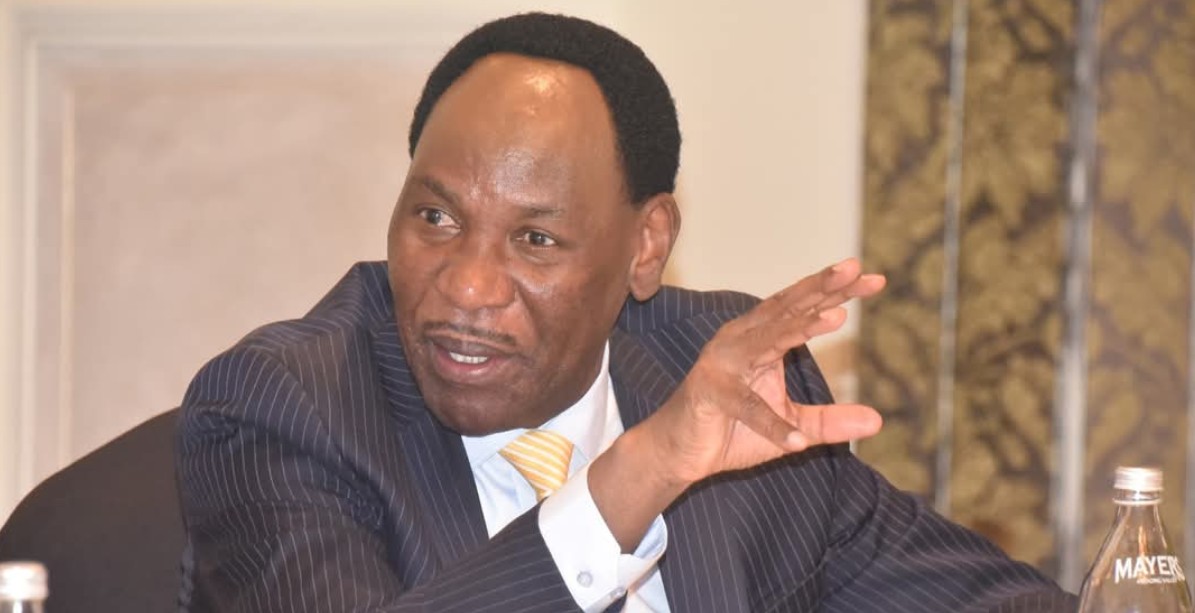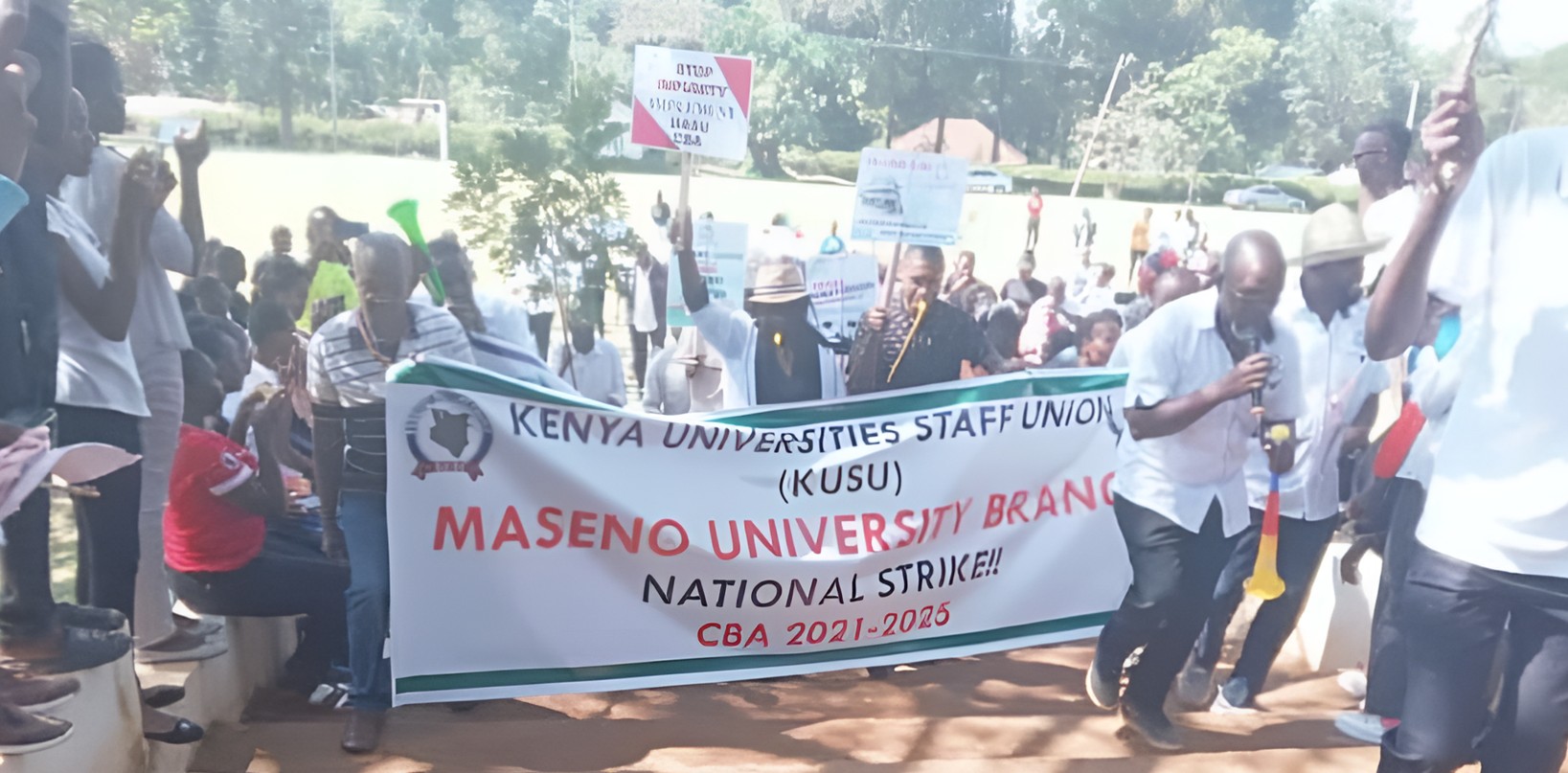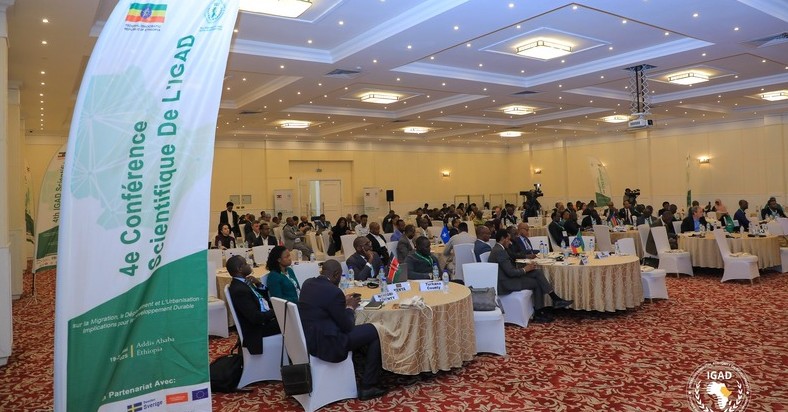State tribunal rules ex-KFCB CEO Ezekiel Mutua must return Sh27 million in salary overpayment

The Inspector General of State Corporations, invoking powers under Section 19 of the State Corporations Act (Cap 446), investigated the matter and surcharged Mutua for the full amount, citing it as a loss to the public.
The State Corporations Appeal Tribunal has ordered former Kenya Film Classification Board (KFCB) CEO Ezekiel Mutua to return Sh27 million, which he received as an irregular salary increase during his second term in office.
According to a ruling seen by The Eastleigh Voice, Mutua’s salary was increased by the KFCB board from Sh348,840 to Sh1,115,850 at the start of his second term — a decision made without the authority of the Cabinet Secretary. This salary adjustment, applied over three years, saw him earn a total of Sh27,612,360.
More To Read
The Inspector General of State Corporations, invoking powers under Section 19 of the State Corporations Act (Cap 446), investigated the matter and surcharged Mutua for the full amount, citing it as a loss to the public.
Mutua appealed the decision, but the tribunal upheld the surcharge issued by the James Warui-led Inspectorate of State Corporations and directed him to repay the Sh27 million to the government, stating the increment was nearly three times his previous salary and was unlawfully granted.
The Inspectorate told the Tribunal that Mutua’s term was irregularly and unlawfully renewed without consultation or approval from the Salaries and Remuneration Commission (SRC), the State Corporations Advisory Committee (SCAC), or the relevant Cabinet Secretary — actions that resulted in the misuse of public funds.
"Inspectorate of State Corporations noted that the board's decision to increase the CEO's salary ... on a 'personal to self' basis was unlawful and irregular and that Mr Mutua ought to be surcharged as a consequence, having sat in the Board and benefited directly," the documents state.
He further argued that, to ensure uniformity across the public sector, the government routinely issues circulars to guide the implementation of the SRC Act.
The ruling also revealed that the Cabinet Secretary for Sports and Heritage had opposed the renewal of Mutua’s term.
In a letter dated May 29, 2018, the Cabinet Secretary stated that he had no intention of renewing Mutua’s contract.
"However, and contrary to the Cabinet Secretary's response, the board, through a letter of June 7, 2018, went ahead to renew the contract of Mr. Mutua as the CEO for a further 3 years with effect from October 26, 2018," read part of the ruling.
After renewing Mutua’s term, the KFCB board instructed the Human Resource and Administration Committee to review his past performance and provide recommendations on a possible salary increase.
Differing views
According to the ruling, during a meeting held on January 31, 2019, the human resources subcommittee expressed differing views on the proposed increment. Despite this, the majority of the board approved the salary raise.
Later that same day, the board wrote to the Cabinet Secretary seeking approval to implement the decision. However, in a letter dated April 30, 2019, the Cabinet Secretary declined to approve the salary increase.
"The Cabinet Secretary also directed the board to recover any amounts that may have been paid in respect of the proposed salary increment in case the board had implemented it.....From the facts of the matter, it appears that the Board never implemented the directions of the Cabinet Secretary to stop the increment and recover the amounts that may have been paid, which then gave rise to the instant matter."
In his defence, Mutua argued that the board granted him a second term and approved the salary increase, and therefore, he was not personally at fault.
He added that he continued to work and receive the salary without any objections, reservations, or queries from the Cabinet Secretary, which led him to believe that his appointment was legitimate and he was lawfully discharging his duties.
However, the tribunal ruled that the failure to follow proper legal and procedural steps rendered the salary increase unprocedural, null, and void.
Top Stories Today












































